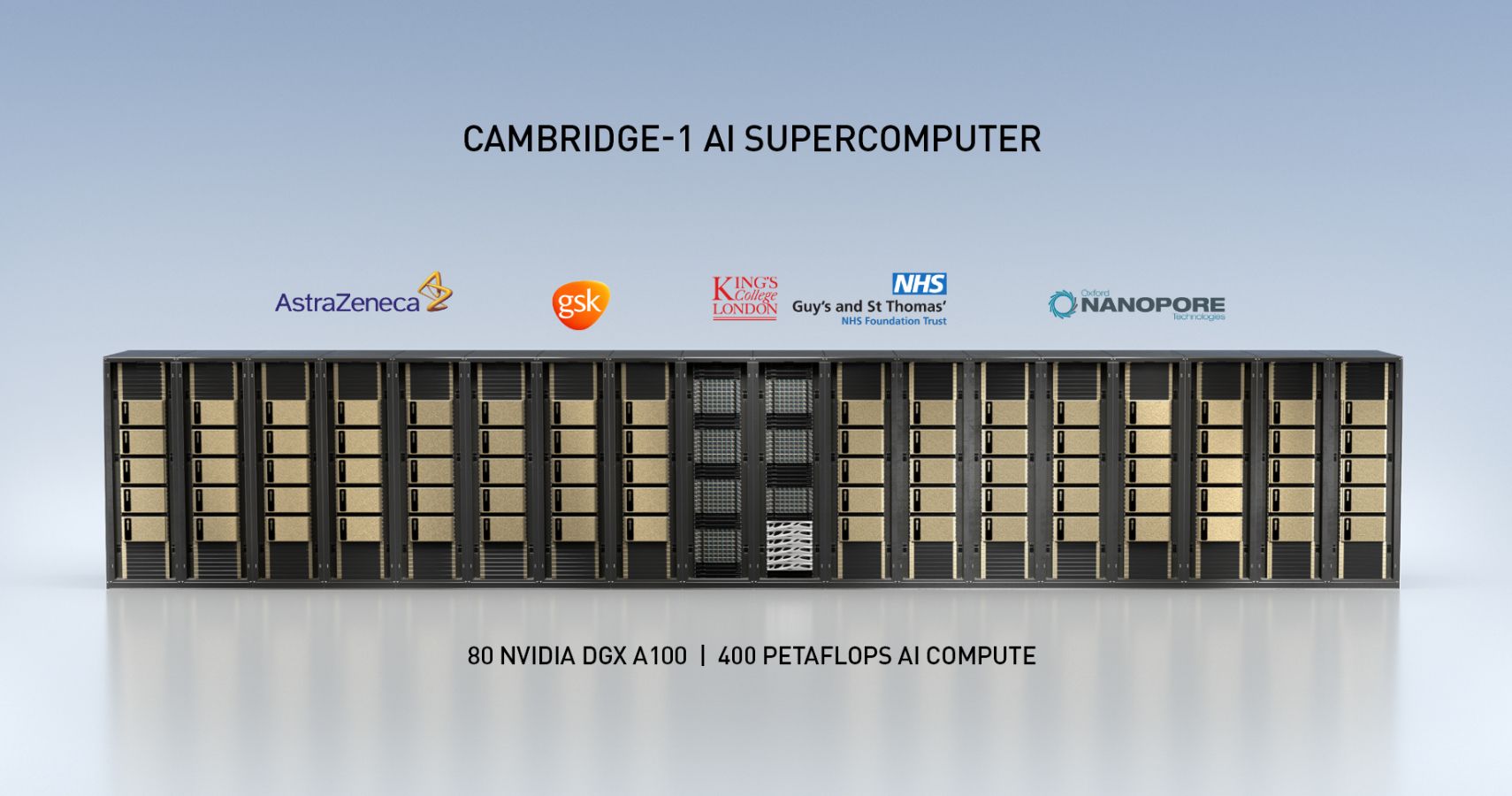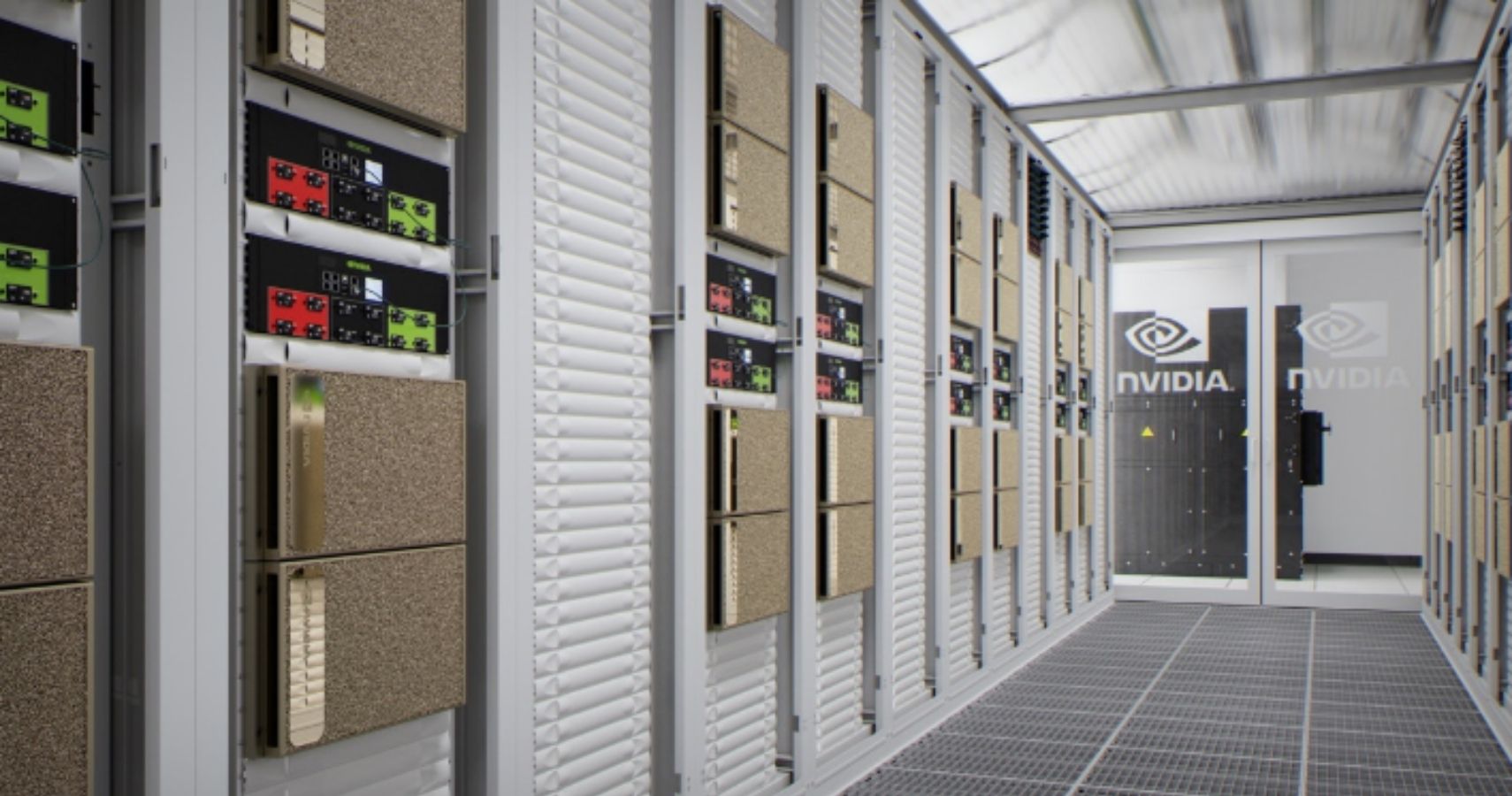Nvidia recently announced that they're busy building what is expected to be the most powerful supercomputer in the United Kingdom, the 29th most powerful supercomputer on the planet, and amongst the top three most energy-efficient supercomputers currently on record.
This new powerhouse - referred to as the Cambridge-1 - will be available for UK healthcare researchers who are concerned with solving challenges posed by urgent medical issues using artificial intelligence. It's the very first Nvidia supercomputer that's being designed specifically for external research use.
As Nvidia founder and CEO Jensen Huang emphasized, “Tackling the world’s most pressing challenges in healthcare requires massively powerful computing resources to harness the capabilities of AI.” Cambridge-1 offers a hopeful avenue for this exact endeavor, what with its 80 Nvidia DGX A100 systems and Nvidia Mellanox InfiniBand networking powering it up.
“The Cambridge-1 supercomputer will serve as a hub of innovation for the UK, and further the groundbreaking work being done by the nation’s researchers in critical healthcare and drug discovery,” Huang says.
What's particularly impressive is the fact that Cambridge-1 is expected to be up and running by the end of this year - literally in just under three months' time. When it comes to supercomputers, those things usually take years to deploy, but thanks to this thing's modular DGX SuperPOD architecture, it's possible to reduce that time right down to a few weeks.
Cambridge-1 has already caught the attention of research figures from some of the UK's top universities - such as Oxford University and King's College London - and other institutions. Prominent pharmaceutical companies GSK and AstraZeneca also already have their requests in to use the supercomputer's services too.
"Through this partnership, for the first time, such a scale of computational power will be available to healthcare research - it will be truly transformational for patient health and treatment pathways,” says Sebastien Ourselin - King's College London's Head of Biomedical Engineering and Imaging Sciences.
Cambridge-1 certainly looks to be one of the biggest advancements on the horizon for contemporary medical research (Nvidia is apparently funnelling an obscene $51.7 million into its development). Hopefully it'll get us closer to some answers around medicine's trickier conundrums, like maybe the whole COVID-19 pandemic thing?
Source: Nvidia



